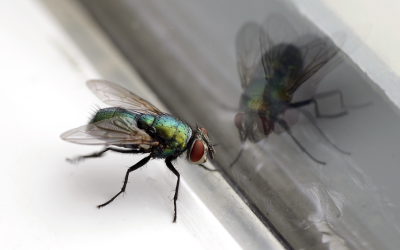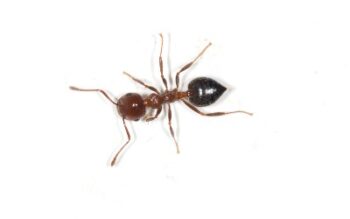
There’s a lot you can do to keep pests away from your home on the Mississippi Gulf Coast. You can de-clutter and properly store your garbage and dry goods. There are some DIY solutions that use essential oils to repel certain pests, or home renovation tactics that use screens or caulk to block others. These all can work to varying degrees, but is that all you can do? What if there was a way to always be killing pests without the need for traps or any effort on your part? And what if you could fight pests while also making your home more comfortable and efficient? TAP Insulation makes all of this possible. It’s a form of home insulation beloved by certain pest control companies, and it’s a service we offer for households on the Mississippi Gulf Coast. If you’re ready to step up your pest control strategy with only one simple installation, Southern Pest Control is here to help!
TAP® Insulation: An Overview
TAP stands for Thermal, Acoustical, Pest Control insulation. It is made up of loose-fill cellulose that’s blown into the attics of existing homes, or in the floors and walls of new builds. What separates TAP from other insulations like fiberglass or spray foam is that it’s been chemically treated with Boric acid. Boric acid is naturally occurring and is commonly used as a cleaning agent or first aid tool, but it’s also a very effective pesticide. It can kill a variety of bugs – including ants, cockroaches and termites.
The pests have easy access to the insulation – that’s how it works. It coats their bodies, and since a majority of insect pests are surprisingly hygienic, they end up ingesting the boric acid when they groom themselves or each other. These insects are unable to pass the material, so they soon after die of dehydration or malnutrition. And just like that, you’ve prevented an infestation of your home with no effort on your part.
What TAP® Pest Control Insulation Does
Are there other benefits to TAP Insulation aside from its pest-killing properties? Yes, not only is TAP a persistent pesticide for insects as small as Formosan termites to larger cockroaches and beetles, but it’s also a very good insulator. It’s made of cellulose a highly effective insulator, which slows the transfer of heat, keeping you warmer in the winter and cooler in the summer. Your HVAC system will use less energy, and you’ll quickly see that reflected in your monthly utility bill. It’s also fire-retardant and mold and mildew-resistant.
Southern Pest Control for Expert TAP® Insulation
TAP Insulation is not considered toxic for children, adults, or any pets. However, you should still get the material installed by a qualified professional. At Southern Pest Control, we’re a leading installer of TAP Pest Control insulation on the Mississippi Gulf Coast. We think our friends and neighbors deserve a constant defender that can put a stop to potential pest infestations without them having to lift a finger, and that’s exactly what you’ll get from TAP Insulation. We’ll still be around and able to help on the off chance you have an infestation, but when properly involved TAP can greatly reduce the risk. So if you want to work smarter instead of harder to prevent pests in your home Southern Pest Control is here to help. Contact us today to learn more or schedule an estimate!

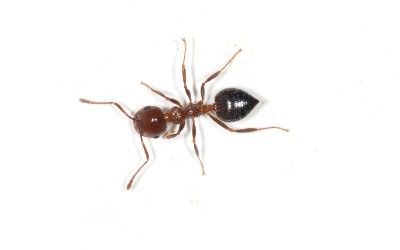
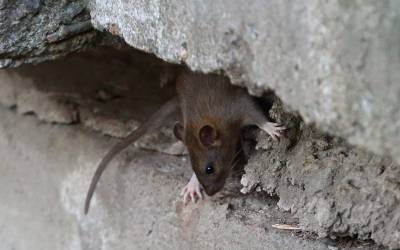
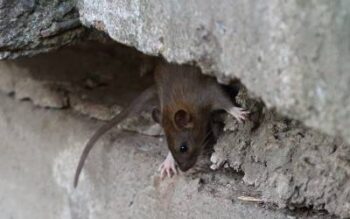
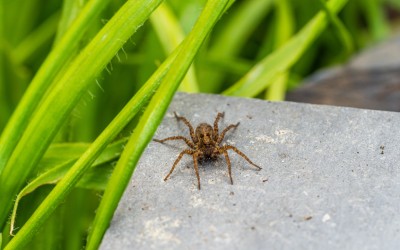
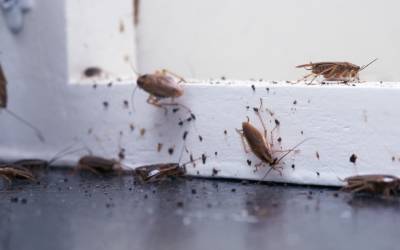
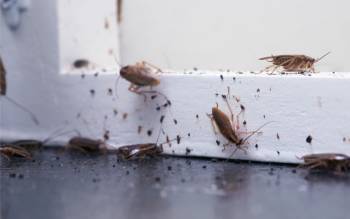 At first glance, it’s easy to think that DIY pest control is a great way to save time, money, and unneeded hassle. Why wait for a professional exterminator when you can solve an infestation on your own with a quick trip to the hardware store? It seems so simple – and that right there might be the problem. Do-it-yourself pest control can, in fact, result in significant downsides if done by someone without the right training. If you don’t know what you’re doing you can actually hurt yourself, those who live with you, and your home. So if you’re considering this approach, you need to make sure you understand the risks involved.
At first glance, it’s easy to think that DIY pest control is a great way to save time, money, and unneeded hassle. Why wait for a professional exterminator when you can solve an infestation on your own with a quick trip to the hardware store? It seems so simple – and that right there might be the problem. Do-it-yourself pest control can, in fact, result in significant downsides if done by someone without the right training. If you don’t know what you’re doing you can actually hurt yourself, those who live with you, and your home. So if you’re considering this approach, you need to make sure you understand the risks involved.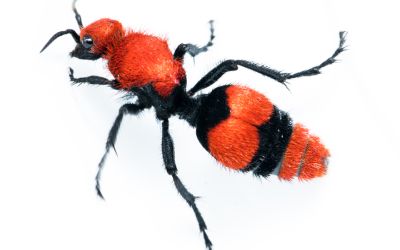
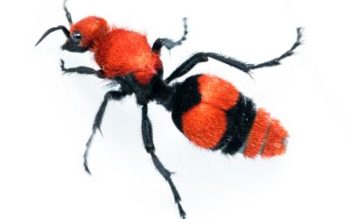
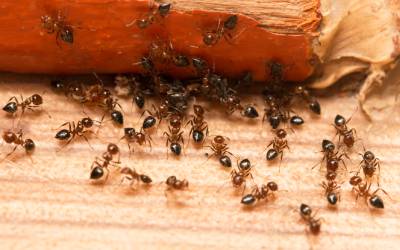
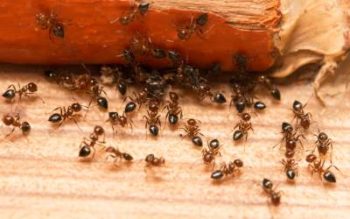
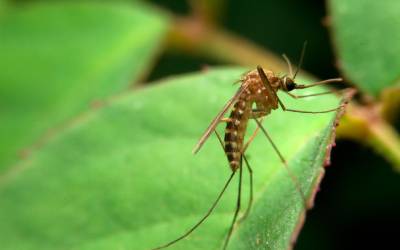
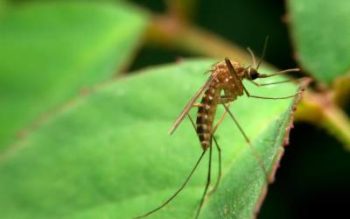 Our climate along the Mississippi Gulf Coast creates opportunities for
Our climate along the Mississippi Gulf Coast creates opportunities for 
 Along the Mississippi Gulf Coast, our warm and rainy springs provide the ideal conditions for a long list of pests. While we can appreciate the sunshine starting back up in spring, locals know that it means pest problems for people throughout the area. Are you looking to keep bugs, rodents, and wildlife out of your backyard this year? Read on to learn some actions to take on your own with the experts at Southern Pest Control!
Along the Mississippi Gulf Coast, our warm and rainy springs provide the ideal conditions for a long list of pests. While we can appreciate the sunshine starting back up in spring, locals know that it means pest problems for people throughout the area. Are you looking to keep bugs, rodents, and wildlife out of your backyard this year? Read on to learn some actions to take on your own with the experts at Southern Pest Control!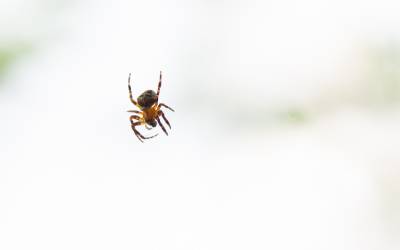
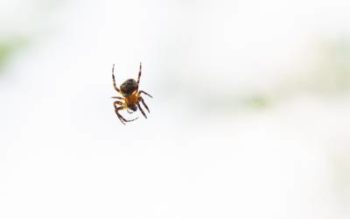 Here at Southern Pest Control, we believe that the more you learn about spiders, the less you’ll fear them. Most
Here at Southern Pest Control, we believe that the more you learn about spiders, the less you’ll fear them. Most 